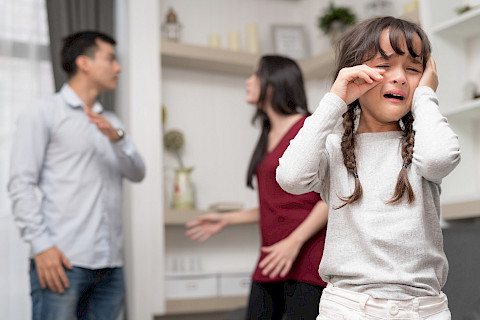
Heavy M.E.T.A.L Group
Call David: 0401 766 877
- Home
- About Us
- Services
- Bookings
- Resources
- Contact Us
Heavy M.E.T.A.L Group
Call David: 0401 766 877

Research shows that family violence has long term, detrimental impacts on children. A child does not have to be a direct target of the abuse. Witnessing others being abused has the same impact on a child’s wellbeing and development.
Longterm exposure to a high stress environment, such as a home where family violence is occurring, can have lasting effects on areas of the brain that are involved in memory, learning and emotion. During a stressful event, the sympathetic nervous system (SNS) activates the freeze, flight or fight response and stress hormones are released. In a normal situation, when the stressful event is over, the parasympathetic nervous system (PNS) takes over and returns the body to normal functioning.
This cycle is disrupted under traumatic conditions due to the large amounts of stress hormones that are released. When this is ongoing and there is no relief from the stressful situation, this overdose of stress hormones has negative effects on the brain and causes damage to the hippocampus.
Damage to the hippocampus can impair the ability to form new memories. This ability is vital to learning so as you can see, it has a direct impact on your child’s ability to learn in school. Verbal learning can also be affected as well as the ability to focus and pay attention.
As the normal cycle has been disrupted due to ongoing trauma, the child’s nervous system is locked into the freeze, flight or fight part of the cycle. This means that they are hyper-vigilant and constantly alert for any incoming danger. They are left with little space for learning as this constant state of tension and arousal means they are unable to concentrate, pay attention and retain and recall new infornation. As a result of their inability to concentrate, their behaviour can sometimes be challenging in the school environment.
Childhood trauma will continue to impact on a person’s life if it remains unaddressed. As well as the impacts already discussed, trauma chips away at a child’s stability and their sense of self. Their self-worth is undermined and they tend to carry shame and guilt with them into adulthood. As adults, these individuals may feel disconnected from others, they may have trouble regulating their emotions and they tend to suffer higher rates of depression and anxiety.
Some children develop coping mechanisms such as walking on eggshells in the hope of preventing or minimising the abuse. These children are hypersensitive to every emotion and interaction around them. If this part of a child’s trauma is not healed, the impact is twofold. One is that as children and adults, they may be oversensitive to any critisism, real or imagined and may overreact and have difficulty in regulating their emotions. The other is that these children learn to hide their own emotional needs and to not make any waves. This means that they have difficulty in identifying their own needs and asking for help when they may need it the most. This is a coping stategy aimed at not drawing attention to themselves and trying to fly under the radar.
There is also a direct link between childhood trauma, high risk behaviour and chronic illness. High risk behaviours such as smoking, drug and alcohol abuse and having unprotected sex are all potential outcomes for someone who has experienced childhood trauma. There is also strong evidence to show that children who have been exposed to ongoing abuse experience higher rates of heart disease, cancer and other chronic illnesses as adults.
So the upshot is, being exposed to abuse whether they are the target or they are witnessing others being abused, impacts children both now and potentially for the rest of their lives if the trauma remains untreated.
The good news is, you have the power to change these outcomes for your children. By engaging in a behaviour change program, you will begin the healing process for yourself, your partner and most importantly, for your children. You have the opportunity to change their life path for the better and to do what all parents want to for their children- make them happy.
Follow the link to contact us and see how we can help:
Author: Kathy McWilliams